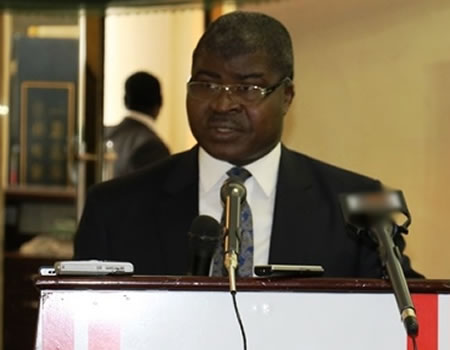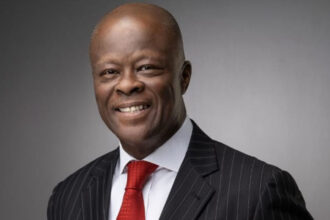
Director, Monetary Policy Department, Central Bank of Nigeria, Mr Moses Tule stated this recently at the sidelines of a colloquium to x-ray the effectiveness of fiscal and monetary policies on the nation’s capital market in Abuja.
The colloquium, which was organised by the Head, Banking and Finance Department, Nasarawa State University, Keffi, Professor Uche Uwaleke had as its theme: “Fiscal and monetary policy for deepening the capital market in Nigeria.”
Tule said one of the major objectives of the apex bank is to control the level of inflation in the country, adding that, “If we increase interest rate the way the economic fundamentals are today, we are going to have higher prices.”
The demand according to him is going to be higher and the government will have to increase wages because the pressure will be high on the government and on every other person in the private sector to increase wage.
“So that’s a choice we have to make. If we improve infrastructure, interest rate will go down over time the way the economy will benefit.
ALSO READ: She’s dating our cleaner, attempted to sell my N4.2m car for N2m —Husband
“But if we reduce interest rate right now, the government and every other person will increase wages because definitely it will come,” he stated.
Tule said the Federal Government must provide the right environment for monetary policy to be effective on the capital market.
“There has to be a role for fiscal policy before monetary policy can help in the capital market and structural policies including improvement in infrastructure, enabling environment and urgent need to improve the rule of contract within the system.
“If those issues are done and confidence builds up overtime, investment will come. There are so much of funds offshore that are yearning to come into the economy.
“On our own part, the central bank is trying to stabilise exchange rate and we have a buffer in external reserves of up to $48 billion,” he added.
Professor Uwaleke, who recently emerged first Nigerian Professor of Capital Market, said the capital market is challenged by portfolio depth as it had yet to be fully diversified.
“We need to diversify capital market. If the big companies go under, that will be the end of the capital market. The market is tied to the apron string of foreign investors so much so that if foreign investors sneeze, the market catches cold. CBN should come to the rescue of the capital market,” he said.







